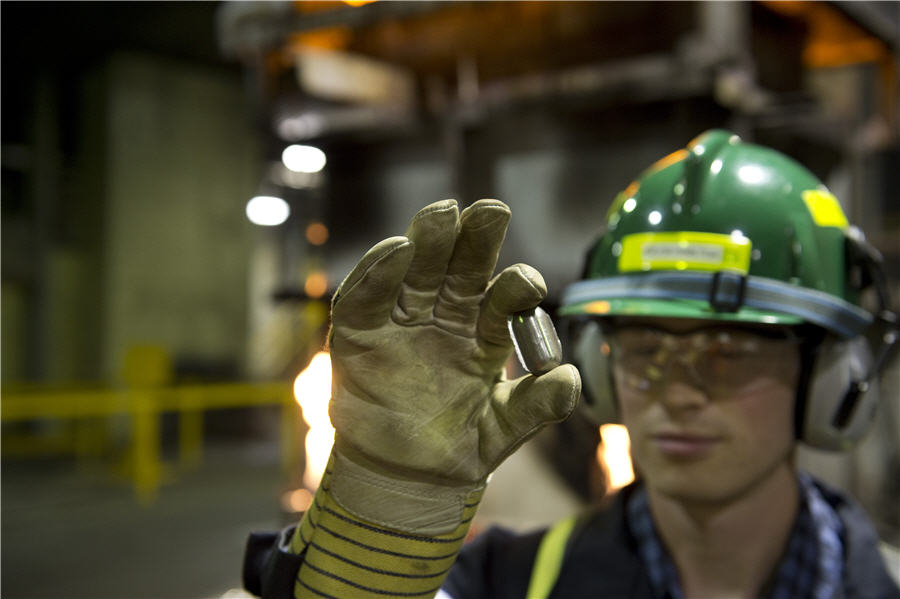The Wall Street Journal claims this achievement is mainly due to the Enfi is a state-owned company, which helped the project survive its rocky start.
So? That's the point.
"Wah wah wah they only succeeded because state owned!"
"So you're admitting that state ownership is superior?"
"No!"
Our glorious companies that only survive thanks to our subsidies vs their barbaric companies that only survive due to "state ownership".
However, according to Reuters’ report, the Australian government classified nickel as a “critical mineral” in February 2024, opening the door for the crisis-hit industry to access billions in low-interest government loans. It’s unclear whether the Wall Street Journal overlooked or deliberately ignored this fact.
but it turns out that they were successful before they were more competent in general
Dastardly communistys *checks notes* providing the necessary resources to develop infrastructure to secure key strategic resources without regard for profit.
The Wall Street Journal claims this achievement is mainly due to the Enfi is a state-owned company, which helped the project survive its rocky start.
It's almost as if shortsighted profit motive isn't the most efficient way to do things 🤔
TL;DR Indonesia has vast amounts of low-grade nickel and cobalt ore that were considered too difficult to process. 3 Australian firms tried, and failed, to make the process work. A Chinese firm stuck at it and succeeded.
Wow, they figured out a way to extract cobalt without poisoning African children!
I'm quite familiar with this story. Nickel was the up and coming commodity in the run up to the 2008 GFC, hitting a high of about 50000$/t at peak. This spurred all kinds of Western interest, like the new caledonia project mentioned in that article as well as a number of others not mentioned. However, as private firms, these companies were all subject to the whims of market fluctuation and by the time nickel had dumped to below 10k/t in 2015, these projects were all generally scrubbed, bankrupt or otherwise distressed. The nickel market has rebounded since then, but increasing supply out of Indonesia and reduced expectation of future demand from changing battery chemistry (less reliance on nickel and cobalt), prices are still low.
The nature of low value add commodity markets like metals is that profit margins are very small and the cost of R&D is very high compared with things like tech. Building a new mine, mineral processing plant and other infrastructure required to process vast amounts of material (railways, electrical capacity, road access, ports) is tremendously expensive at best, even when no innovation is required. When building a new project and doing innovation for a new type of ore (in this case, the low grade lateritic rock in Indonesia), the uncertainty is even more of a killer. A project on the scale of Goro in new caledonia takes 10 years minimum to get off the ground. This is 10+ years of large cash outlays before a dime of revenue.
Long timeframe, low margin, volatile market, high capital intensity, all make this sector relatively unattractive for private capital, hence making it expensive for the private capital that does pursue it. The same factors mean that Chinese firms that can rely on government support (which, compared to private capital, doesn't twist in the wind) have a significant advantage over competitors.
if they can do this you think they'd start extracting from all the nasty Superfund tailing piles out there







